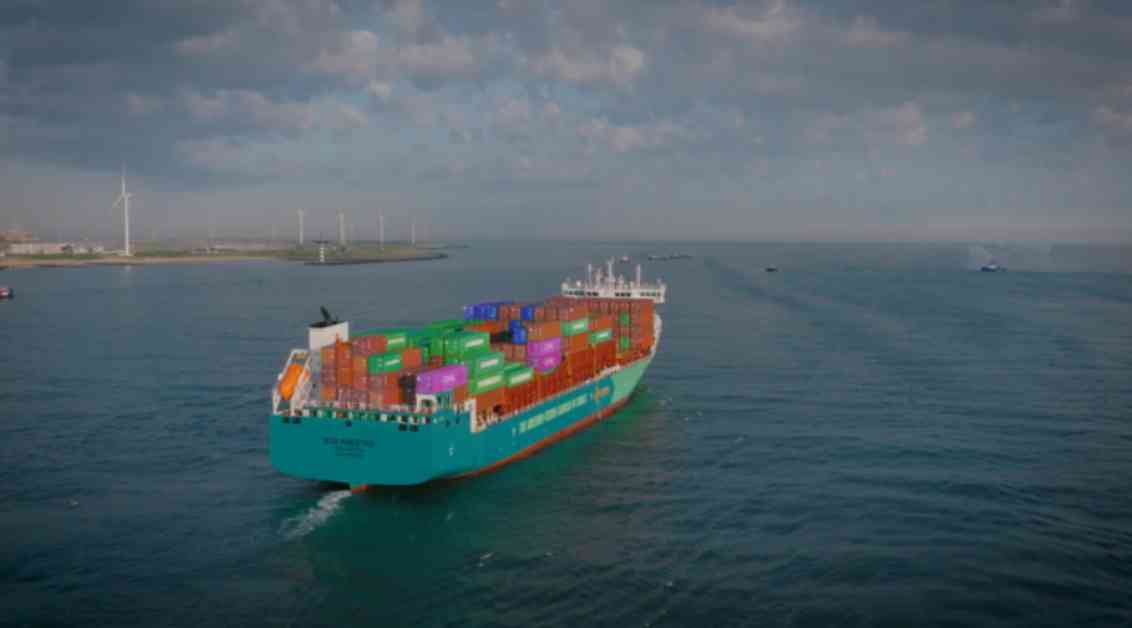X-Press Feeders, a shipping company, has made a significant move by expanding its fleet with new methanol containerships. The company has partnered with Shanghai Waigaoqiao Shipbuilding (SWS) to construct six eco-friendly container vessels with a capacity of 11,000 TEU each.
This decision is part of X-Press Feeders’ fleet renewal strategy, aiming to incorporate more environmentally friendly vessels into its operations. The new containerships will be equipped with advanced features such as scrubbers, windshields, and energy-saving solutions to enhance fuel efficiency, reduce carbon emissions, and optimize speed.
In addition to the fleet expansion, X-Press Feeders has also launched Europe’s first feeder network operated by vessels powered by green methanol. This new route will connect key ports such as Rotterdam, Antwerp, Bruges, Finland, and the Baltics, offering a more sustainable shipping option for companies in Europe.
The use of green methanol as a sustainable fuel is a crucial step towards reducing greenhouse gas emissions in the shipping industry. According to the company’s statement, this switch to methanol can potentially reduce emissions by up to 65% compared to traditional fuels, contributing to a greener and more sustainable maritime sector.
This recent order for six methanol-fueled boxships comes after X-Press Feeders’ earlier contract for four similar vessels earlier this year. The company’s commitment to investing in cleaner and more efficient shipping solutions demonstrates its dedication to environmental sustainability and responsible business practices.
By expanding its fleet with methanol containerships and introducing a green methanol-powered feeder network, X-Press Feeders is setting a positive example for the shipping industry. With a focus on reducing carbon emissions, improving fuel efficiency, and promoting sustainable practices, the company is paving the way for a more environmentally friendly future in maritime transportation.
